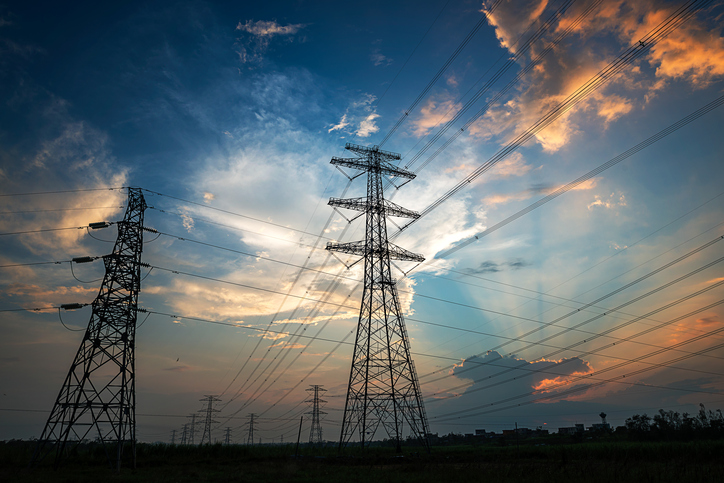The government has placed power and smart systems innovation at the heart of its long-delayed Clean Growth Strategy (CGS), despite offering little more than current funding initiatives for storage, electric vehicle (EV) charging and network development.
The 165-page CGS was released this morning to much fanfare after a delay lasting more than a year. While opening the door to further renewable energy generation, with the exception of solar, the plan continued to build on the Department of Business, Energy and Industrial Strategy’s (BEIS) support on energy storage and other connected technologies.
At least £70 million is expected to be invested over the next five years to support innovation in energy storage, demand side response (DSR) and other smart energy techs.
In a sign that government is looking at emerging technologies, £20 million of this has been earmarked for vehicle-to-grid (V2G). This will be used to explore how the rapidly expanding fleet of electric vehicles could be used to provide network flexibility and system balancing; a role currently occupied by more traditional energy storage and DSR technologies.
This will help address the planned increase in EVs, which BEIS has said it will spend £1 billion in driving. However, the CGS states that if battery prices continue to fall “there will be less need for government subsidies for new vehicles in the future”.
“We will provide support for ULEVs to help the development of a mature and self-sufficient market,” it adds, suggesting an end in sight for the subsidies paid to battery technology development and even plug-in vehicle grants, which have proved to be a mainstay of low carbon vehicle uptake so far.
Restating established policy
Aside from these measures, little more was in the plan that could be considered new. Much of the funding attached to development of the UK’s electricity network will come from Ofgem, with £525 million of regulated expenditure to be spent between 2016 and 2021.
“The goal is to support smarter, flexible networks, from enabling the integration of clean generation through to customer-focussed energy efficiency measures,” the strategy states.
In addition, the CGS pointed to the 29 actions outlined in the Smart Systems and Flexibility Plan published in July, as well as the investment of £246 million over four years batteries for the electrification of vehicles and decentralised energy storage as part of the ‘Faraday Challenge’.






